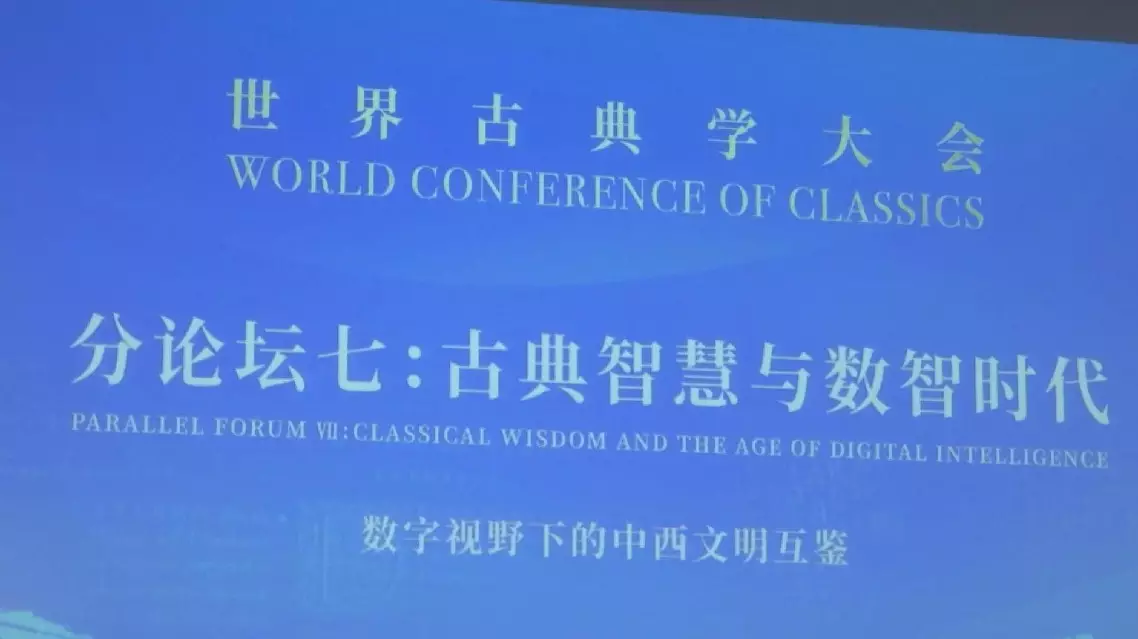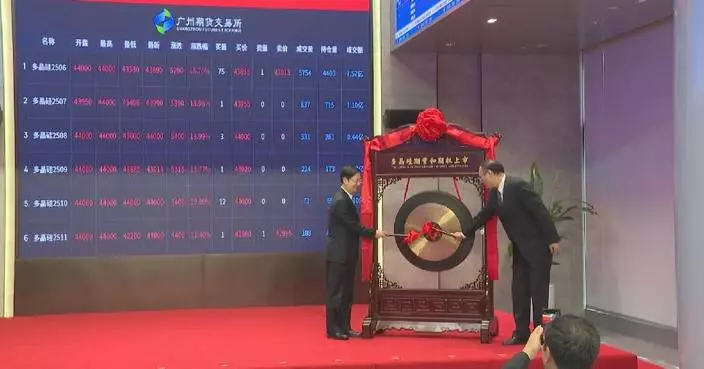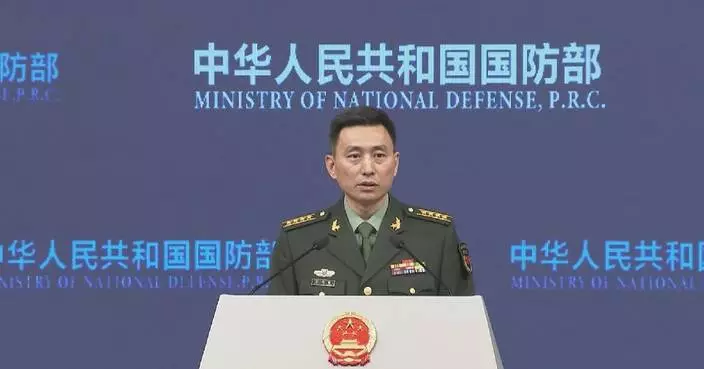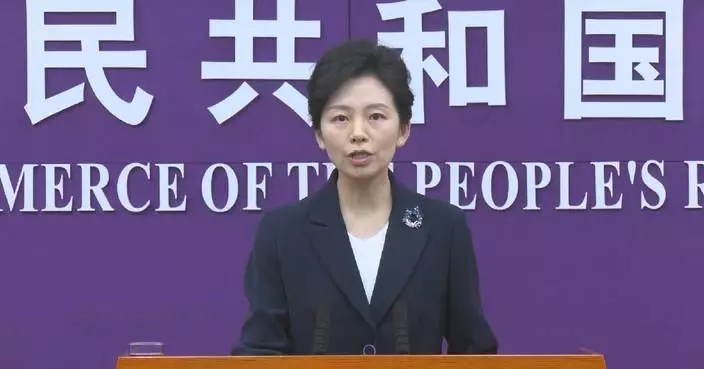Scholars and experts from China and abroad who participated in a parallel forum at the first World Conference of Classics, held in Beijing from November 6 to 8, engaged in in-depth discussions on the mutual learning between Chinese and Western civilizations in the era of digital intelligence. The conference brought together 485 scholars and experts from over 30 countries and regions to explore the enduring wisdom of past civilizations.
At the parallel forum titled “Classical Wisdom and the Age of Digital Intelligence,” scholars and experts highlighted that with the digitization of ancient texts, knowledge bases and intelligent platforms are becoming new infrastructure for academic research and cultural exchange. "We need to establish an open digital resource database that includes both Chinese and Western classics, enabling different civilizations to learn from each other. Additionally, I believe AI technology, especially tools like ChatGPT, can help us to create summaries and perform various types of text analyses," said Ho Yong, adjunct professor at New York University.
"In both the Chinese philosophical tradition and the Roman philosophical tradition, we have big database of texts and stories. And it would be really useful to use digital tools to compare those sets of stories and think about whether they use the same methods for teaching, whether they embody the same or different values and facilitate a comparison between those two bodies of philosophical thought," said Rebecca Langlands, professor of Classics at the University of Exeter.
Attendees also noted that with the rapid development of digital intelligence, understanding the relationship between technology and civilization, and guiding the ethical development of new AI technologies, requires looking back at the classics to explore the insights and answers of ancient sages.
"For example, in Homer's epics, there's mention of a highly technologically advanced civilization that was ultimately punished because it lost moderation and prudence. So, today's conflict between nature and technology was already deeply contemplated in the classics. Today, while enjoying the convenience brought by technologies, we should be aware that technologies might harm us, and we should remain vigilant," said He Fangying, secretary-general of the Center for Classical Civilization under the Chinese Academy of Social Sciences.
The participants emphasized that deepening classical studies requires not only support from multiple disciplines such as philosophy and history but also assistance from new technologies and fields like AI and digital humanities. In the age of digital intelligence, classical studies should play a more active role in opening new chapters in the exchange and mutual learning of human civilizations and contribute more significantly to implementing the “Global Civilization Initiative.”

Scholars at World Conference of Classics forum highlight digital platforms as new infrastructure for research, cultural exchange









